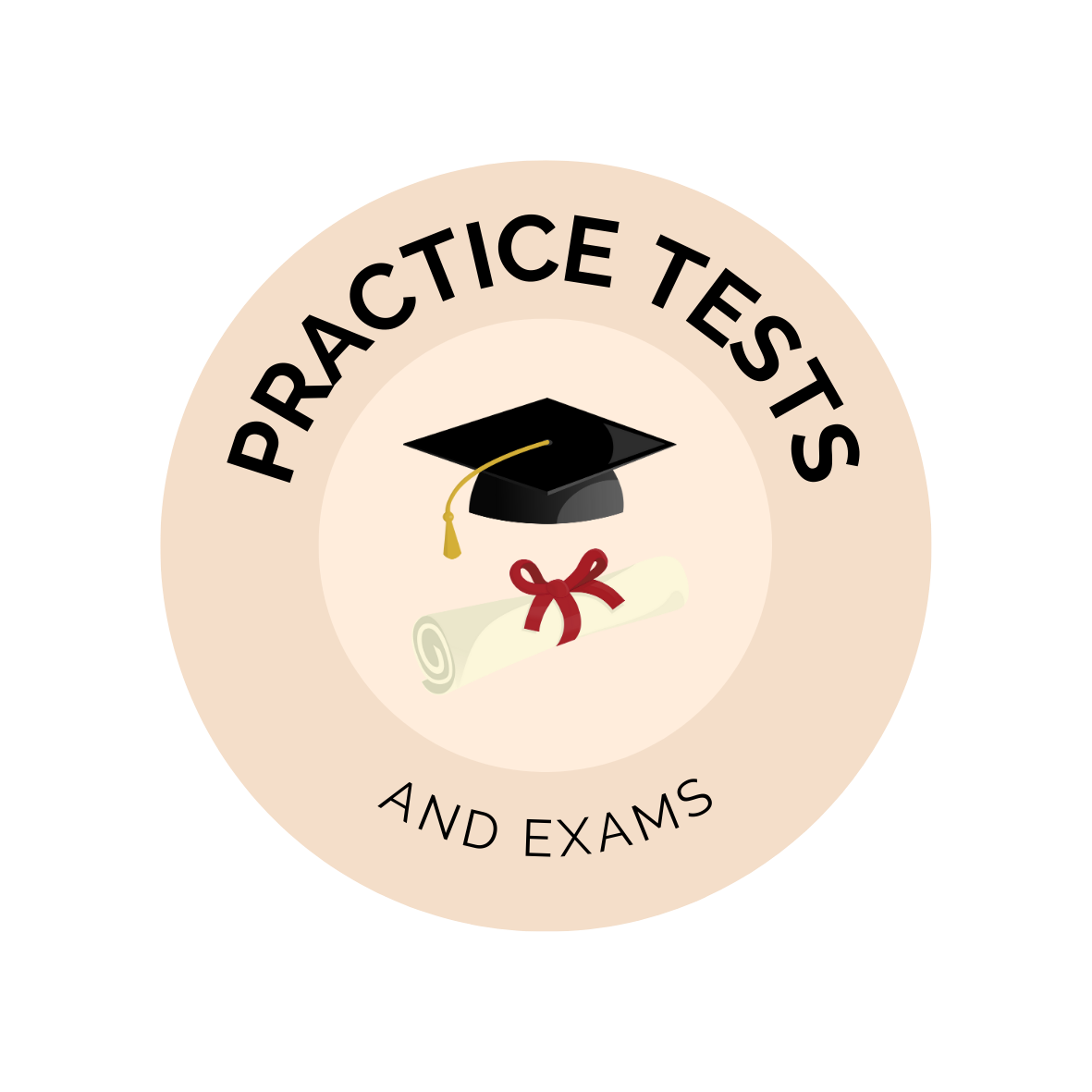Why Reading Comprehension Can Be Challenging?
Reading tests can be tricky for various reasons, unlike subjects like math. In math, knowing the content and managing time can lead to success, but for reading comprehension, you need different strategies.
Keep reading to understand why reading comprehension can be challenging. Also, we'll share some tips to help students, or if you are a parent of students taking reading comprehension exams, strategies to do well on exam day.
1. Unpredictable Passages
One major challenge lies in the unpredictable nature of the passages. Whether it's fiction or a magazine article, you must be prepared for anything. The key is to practice with diverse texts to build adaptability.
2. Time Constraints
Time is not your friend in reading comprehension. With mere seconds per question, developing time-saving strategies through consistent practice is crucial. A structured approach will make a significant difference in your performance.
3. Tricky Questions
Reading comprehension questions aren't straightforward. They ask for more than just repeating information; you have to think, make guesses and deal with tricky answer options. Knowing the common traps and developing tactics to avoid them is crucial.
4. Vocabulary Roadblocks
Even proficient English speakers may stumble upon unfamiliar words. With no dictionary to rescue you during the exam, having a strategy to decode challenging vocabulary is essential.
Reading Comprehension Strategies
Don't stress; you can conquer reading comprehension with the right attitude and practice. Let's explore some successful strategies.
Strategy 1: Begin with the Question
Many students think they should carefully read the entire text before checking the questions. The problem is, some reading passages are quite long.
Here's why it might not be the best method:
- You won't remember many details until you reach the questions, so you'll have to go back to the passage and read it again.
- You'll waste valuable time.
Here's how to do it differently:
Instead of spending time on lengthy passages, start by reading the question.
This way, you'll know which details to focus on in the passage, making the whole reading process more targeted and purposeful.
Once you've found the information needed to answer the question, don't keep reading. Check the available answer choices and see if you can eliminate those not related to the passage or unsupported by the text.

Strategy 2: Understand Different Text Structures
Before your exam, take the time to learn about various genres and text types - it can be a big time-saver.
Here's how:
Recognizing structural patterns will help you find the information needed to answer questions faster and more effectively. For instance, you might notice that the counter-argument tends to be closer to the end of a persuasive passage. In fiction, details about the setting and characters often appear at the beginning.
You'll be prepared for what's coming. For instance, you'll recall that factual questions are not very common in
Strategy 3: Identify Tricky Choices
Every now and then, you'll encounter answer options that may seem appealing and somewhat match the text but can't be entirely supported with evidence from the passage.
Pay attention to two key types:
1. Absolute or "blanket" statements using words like "always," "never," "all," "definitely." Double-check if you can back up these extreme opinions with textual evidence. Keep in mind that if the passage mentions "most of the people," it doesn't mean "all people."
2. Options that are only partially true. For instance, if you need to choose two adjectives describing the overall tone, even if you believe one of the two adjectives is entirely accurate, it doesn't guarantee the answer is correct. Evaluate each option carefully and pick the best one.
Strategy 4: Search for Context Clues
Certain reading comprehension questions assess your skill in comprehending words and their meanings within a sentence.
If you encounter a word for the first time, don't worry - rely on context cues.
Rather than getting stuck on the unknown term, read the sentence both before and after the one with unfamiliar vocabulary. In 99% of cases, you'll find enough information to make an educated guess that logically fits the missing piece.

Strategy 5: Make Friends with Keywords
Words play a big role in setting the tone. Therefore, by examining the words in the text, you can assess the overall tone without solely relying on your intuition.
Go through the entire passage and underline the key keywords, adjectives and phrases that collectively contribute to a particular tone in the piece. Attempt to organize these keywords based on the answer choices available to you.
Over time, you'll observe that certain answer options attract a greater number of keywords compared to others.
Final Words
Improve your test scores and feel more confident with our online





0 comments